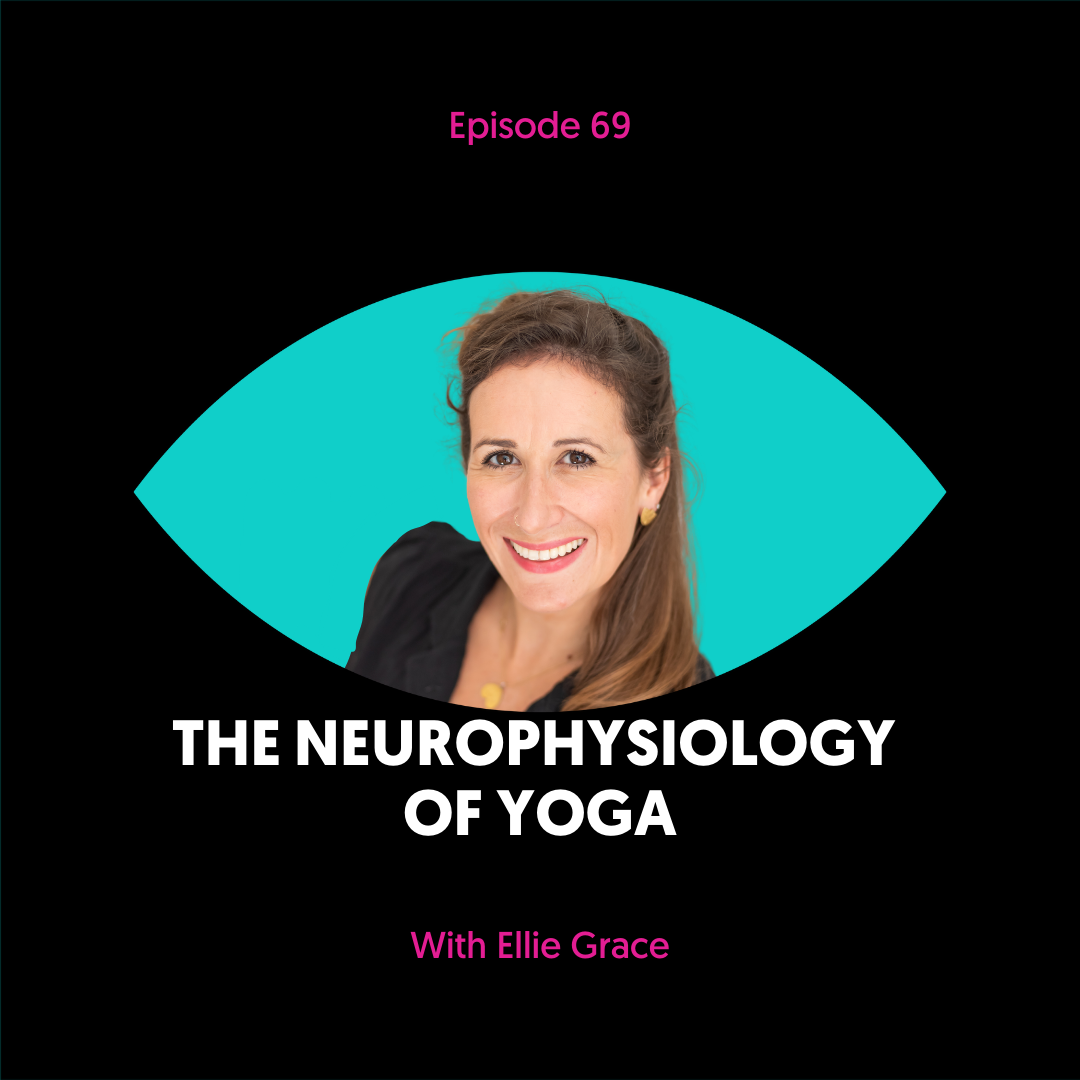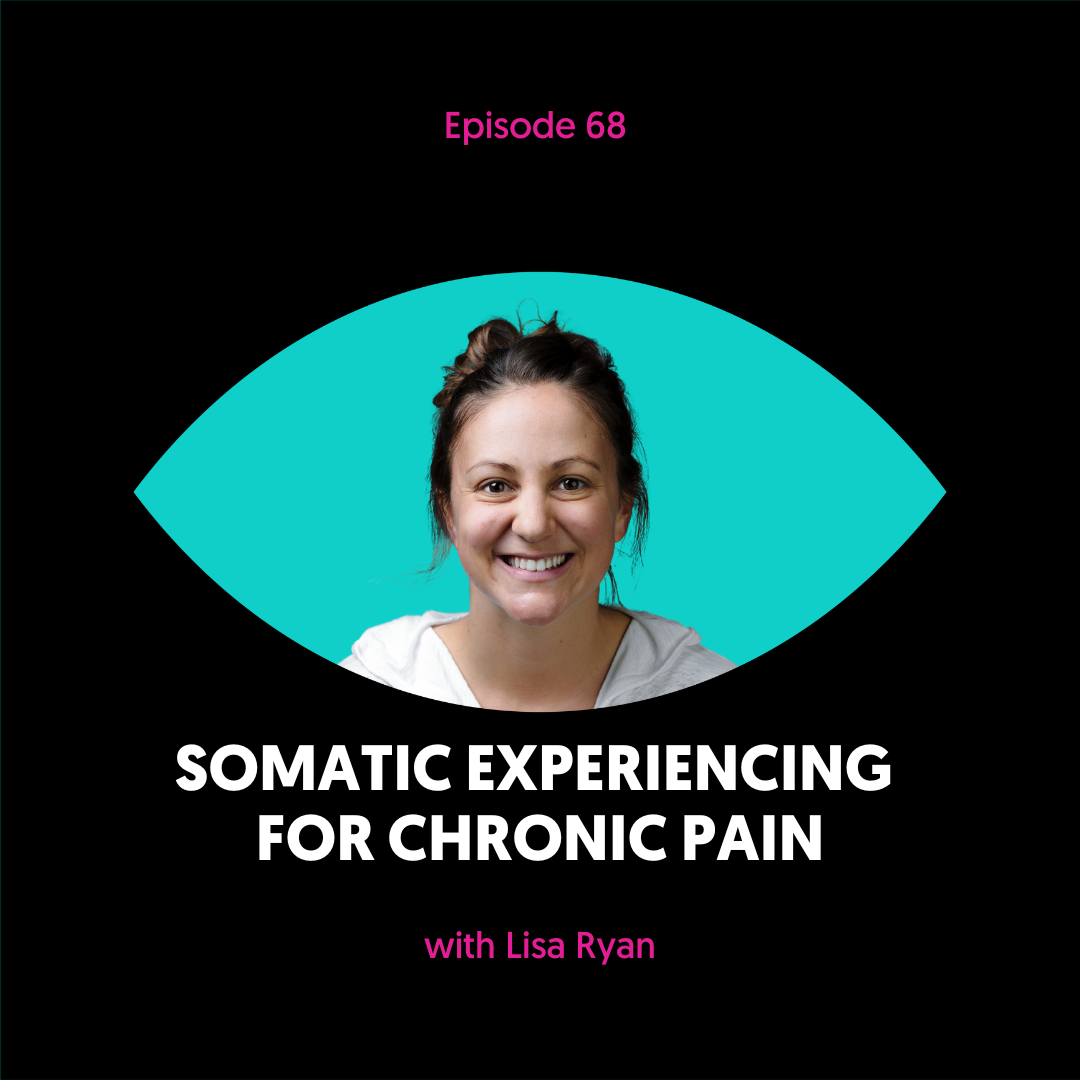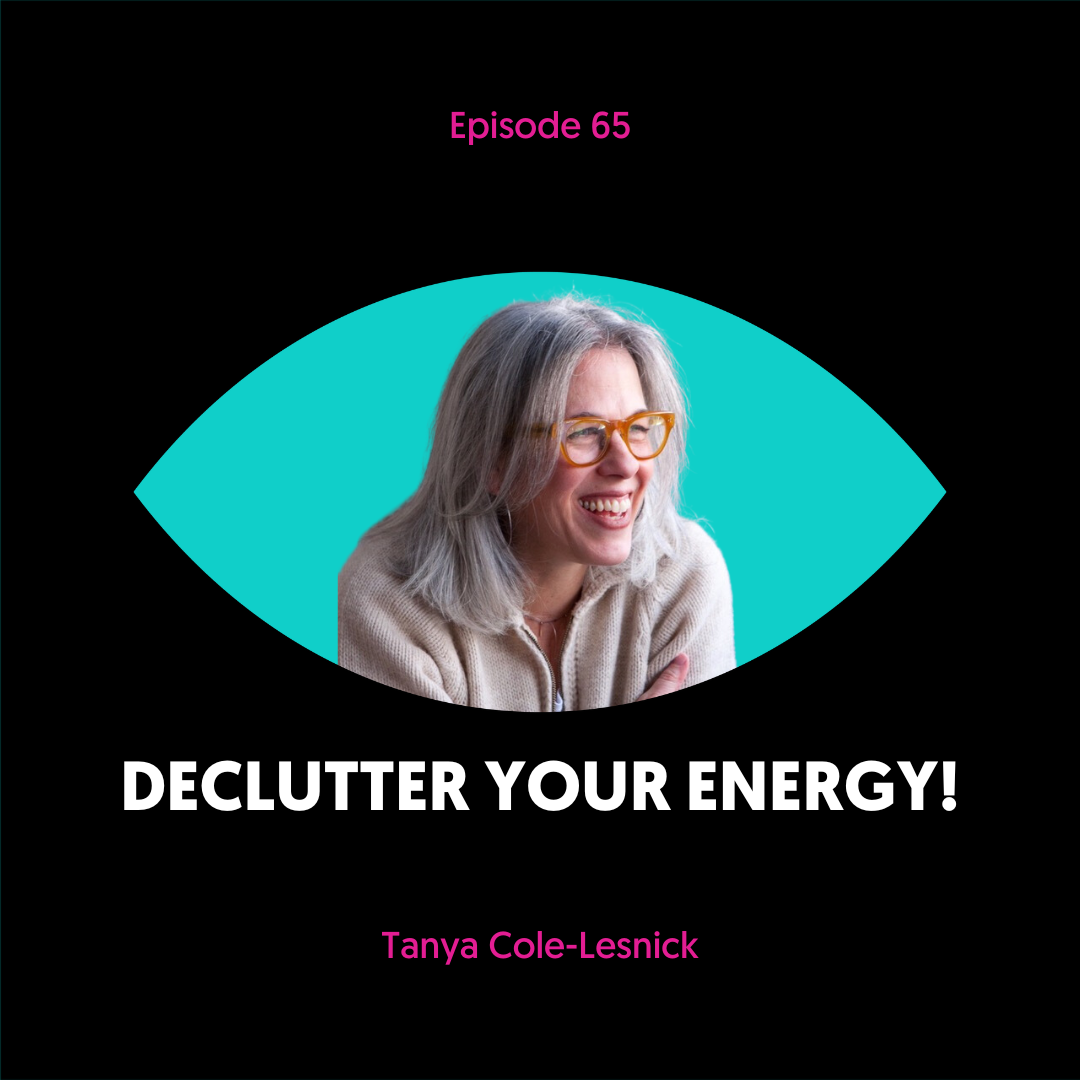SO WHAT IS THIS RESEARCH ALL ABOUT?
This German study of 827 young breast cancer patients set out to determine who in this group used complementary and alternative therapies (CAM); what therapies were most commonly used and why these patients turned to such treatments.
This reflects the growing popularity across the Western World for non pharmaceutical treatments, and although the effectiveness of such therapies are not yet understood we need a greater understanding of the demand to justify much needed research in this area.
WHAT I FOUND INTERESTING
This paper concentrated its efforts on a very specific group of patients; mothers to children under 12 with non metastatic breast cancer in Germany – a country with the highest rate of alternative therapy use in the EU. This does limit the generalisability of the results – but I think it does highlight themes that I think we can all learn from.
So lets break it down.
WHY do patients use these therapies?

In this study 63% of patients used complementary and alternative therapies. Patients perceived them to be more holistic, personal and individual with importance being placed on practioners being able to spend more time with each of their patients.
In this study the 3 commonest reasons cited by patients for use of these therapies included;
- Strengthen the immune system
- Support conventional medicine
- Prevention or relief of the side effects of cancer therapy
WHO uses these therapies?
- Higher level of education and income were associated with a higher interest in CAM
- Younger patient were more likely to seek these therapies when compared to older groups
- There was a slightly higher chance that patients with more advanced disease would seek out these therapies – but there was no statistical significance here.
WHICH therapies are most popular?
- Vitamins and minerals supplements were the most frequently used (73%)
- Homeopathy (35%) – worth remembering Germany is the birthplace of Homeopathy
- Yoga (25%)
SO, WHAT HAVE WE LEARNED?
Patients who felt ill informed or dissatisfied with their doctors, were more likely to turn to alternative therapies, ‘where they experience a better and more personal relationship…causing a feeling of being better looked after.’
This is worrying as patients who access these therapies are doing so through recommendations outwith the medical system – via family, friends and the internet.
Only 16% of patients had been directed to alternative therapies by their doctors. And 20% of patients using CAM did not divulge this information to their doctors.
It may be unrealistic to train all doctors in alternative therapies but there is a need for us to open the conversation with patients about their interest and use of these modalities.
This study really highlights the gap between the medical and complementary and alternative worlds that needs closure. Patients want holistic care and doctors should be able to empower their patients to access these treatments safely.
To read this study in full click here
Leave a Reply

READ >
Dr Deepak Ravindran is one of the UK’s leading pain specialists. He is one of the few medical consultants who possesses triple certification in lifestyle medicine, musculoskeletal medicine and pain medicine using all of this knowledge to give his patients a truly integrative and holistic approach. He is author of the book The Pain-Free Mindset […]

READ >
Ellie Grace is a trauma informed yoga educator with an MA in Yoga Studies – who lectures medical undergraduates in the neurophysiology of yoga to nurture their personal development and prevent burnout – which has never been more important. Doctors are experiencing workplace burnout at the highest ever levels recorded, with findings from the regulator’s […]

READ >
Lisa Ryan is a physiotherapist turned trauma informed somatic practitioner who helps people find freedom from their persistent pain. And this is just so important to her – because she was once a patient herself who was told she was not expected to recover – and the best she could hope for was to manage […]

READ >
Tanya Cole-Lesnick is a psychotherapist, licensed clinical social worker, and personal development coach who is focused on helping people clear their energetic clutter to pursue a life that honors their truest selves. Tanya really believes in the power of the group in the work she does – which is what I want to talk to […]
READ >
Sophie Barrett was a herbalist before she started working for Hifas da Terra – an exciting biotech company focused on R&D of nutraceuticals from medicinal mushrooms such as cordeceps, reishi and lions mane exploring their role in the treatment of mental health disorders, gut health, and cancer. But what makes Hifas da Terra stand out […]
READ >
Dr Rani Bora is a holistic psychiatrist, mental wealth coach, and the author of “How To Turn Stress On Its Head”. Her work centres around empowerment – particularly for those who have been labeled with mental health disorder, using deprescribing and coaching to support them to thrive beyond their diagnosis. In this episode we discuss […]

